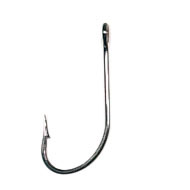by Catherine L. Tully
There is so much to know when you are freelancing, and while it is important to learn about the things you should be doing, it is just as vital to understand those things you should not be doing. Here’s 5 of them to keep in mind:
- Manic follow-up. If the writer’s guidelines say 4 weeks, give them at least 5, preferably 6. If they tell you they haven’t had the chance to look at your query yet, wait a while before checking back. Don’t pester the editor–it can get your query deleted. Seriously.
- Social networking. Ok, let me explain. Yes, you should be doing this. Facebook, Twitter and LinkedIn are your friends. But not at the expense of your work. Remember that these social networking sites don’t do a thing for you if you aren’t actually working at writing. While you can get work there, you have to get that work done as well. Schedule time for it–then stick to your schedule.
- Copying. Just because your friend got a query accepted by sending in a paragraph on a subject written in a snippy tone doesn’t mean you should do it. Find your own voice. It will get you more writing work than anything else. It takes time to cultivate this, so start now and let other people do their own thing.
- Emphasizing quantity. Are you trying to get 20 queries out every week? Perhaps you are biting off more than you should. Instead, make sure that each one is meticulously researched and polished. Call to make sure you are sending it to the right person. Take the time to do it right and you will get much better results than if you send out a bunch hoping for a hit.
- Sending in a first draft. Don’t do it. Just don’t. First drafts are never the best writing you can do. Make sure you take the time to hone a piece before sending it off. If you do this every time, your writing will improve.





